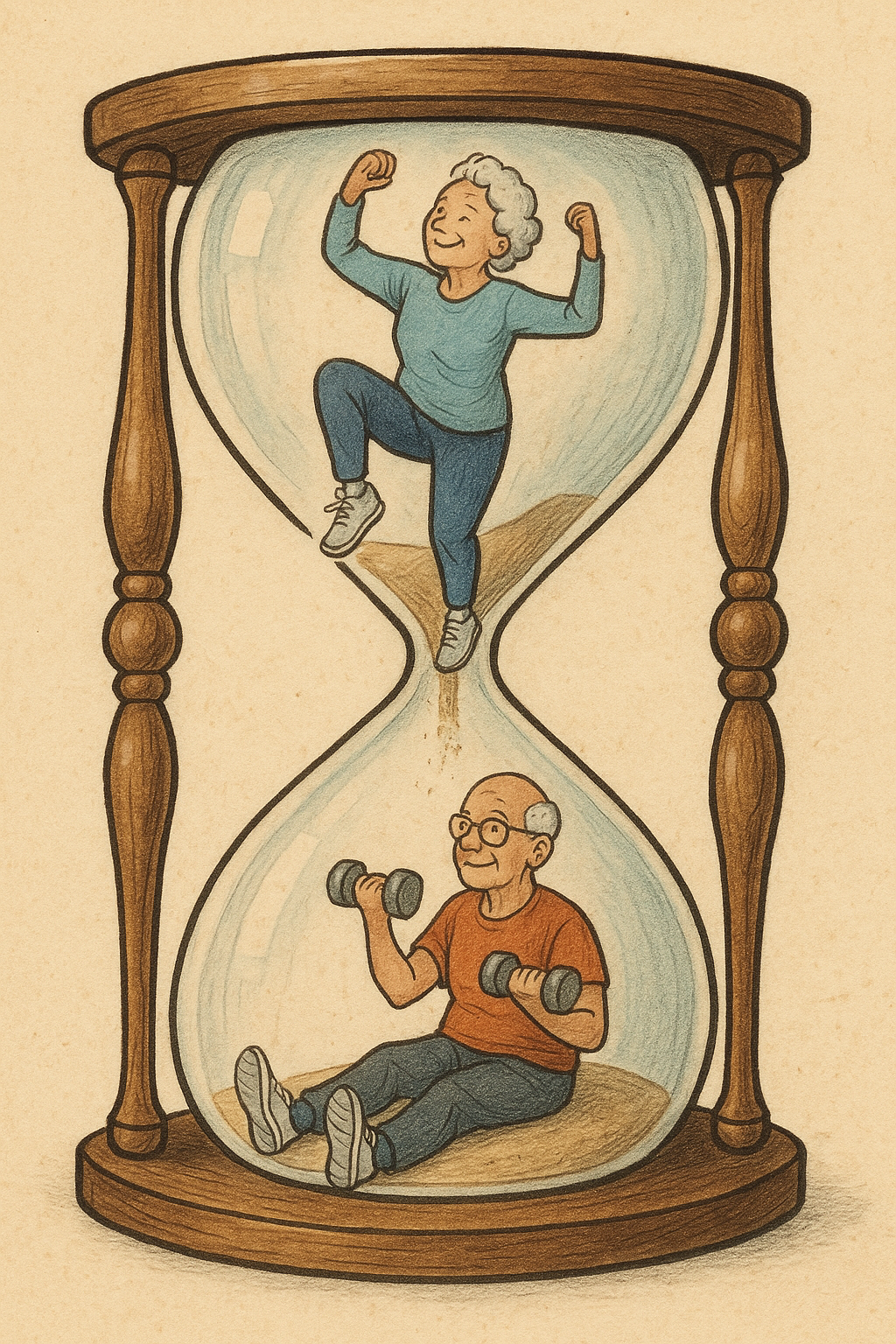Author: lwalker
-

Nature Ageing on Longevity Developments
Nature Ageing asks a range of longevity experts about the development of the field 5 years since the journal launched
-

House of Lords: Preparing for an ageing society
This report moves beyond narrow demographic framings to examine the institutional and policy adjustments required as societies adapt to longer lives and a rising proportion of older citizens. It emphasises the importance of sustained investment in human capital—including health, skills, purpose, and social engagement—across the life course as a means of addressing the economic and…
-

Introduction to this Special Issue: The Economics of Ageing
This special issue of the Journal of the Economics of Ageing brings together research at the intersection of health, ageing, and longevity from an economic perspective. As populations worldwide experience unprecedented shifts in demographic structures, the economic implications of ageing are becoming increasingly central to policy and practice. The issue explores topics such as the…
-

Science Direct: The macroeconomic impact of chronic disease in the United Kingdom
This paper examines the macroeconomic impact of chronic disease in the United Kingdom (UK). We use individual-level data to estimate how diagnoses of six major diseases affect labor market transitions and combine these with a tractable growth model with age-specific productivity and labor force participation to quantify the impact of chronic disease on UK economic…
-

Inaugural Research Policy Network (RPM) Meeting
Andrew Scott was delighted to speak on the economics of longevity at the inaugural meeting of the Research Policy Network (RPM) in June 2025, held in Athens, Greece. The conference addressed key issues surrounding ageing and longevity, including the macroeconomic impact of longer lives, demographic shifts and their influence on real interest rates, wealth accumulation…
-

IMF: The Longevity Dividend
Investing in the human and social capital of our later years is the only sustainable solution to the challenges of an ageing society. In other words, longer lives can be an extraordinary opportunity—if we adapt. But if we fail to adjust, they risk becoming a burden. Demography is not destiny. Few issues matter more—individually and collectively—than…
-

The Times: State pension crisis looms as lifespans increase
The over-65 population will triple by 2070, placing immense strain on public finances. The ageing of the UK population is one of those themes so familiar to us all that it rarely gets the attention it deserves. We periodically bemoan our falling fertility rate, cheer our rising longevity, shrug about the worsening dependency ratio, point…
-

Scientific American: The Healthspan Economy
Extending life expectancy was one of the outstanding achievements of the 20th century. A baby born in 1900, when infectious disease outbreaks were a regular occurrence and chronic diseases like cancer, dementia and heart disease were barely understood, lived just 32 years, on average. A baby born in 2021, after more than a century of…
-

A Bayesian Model of Later Life Mortality Trends and Implications for Longevity
Using a novel, flexible and easily interpretable dynamic Bayesian state space model, we analyze historic and future longevity trends across 18 high income countries over the last one hundred years and 16 large population emerging markets from 1950. Our results show the key driver of global life expectancy is now late-life mortality whose importance is…
-

FT: Martin Wolf speaks to Andrew J Scott: Can societies age gracefully?
“Increasingly elderly populations seen in countries such as Japan and Italy are set to become the norm everywhere in the coming decades. But will a more senior demographic make the cost of state pensions and healthcare unaffordable? And will it kill economic growth?” To read the full article, click here.